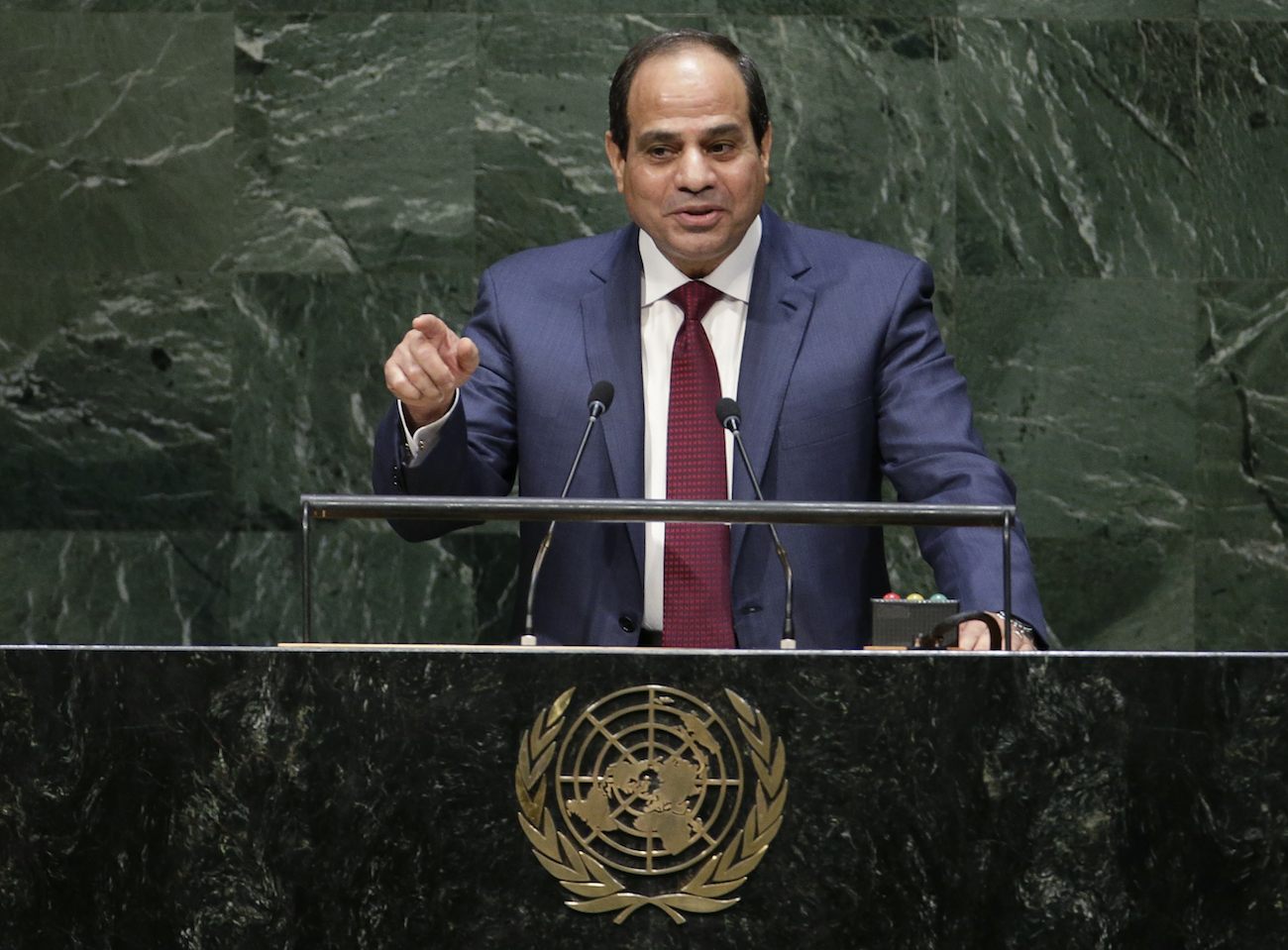
By Atâyi Babs
A flurry of reactions have greeted plans announced by U.S. and China to step up efforts in combating climate change, including a pledge by China to launch a program by 2017 to cap some emissions and put a price on carbon and to contribute $3.1 billion to help poorer countries finance their own transition programs.
The U.S.-China Joint Presidential Statement on Climate Change released on Friday reaffirmed their November 12, 2014 Joint Announcement on Climate Change and strengthened their resolve to work together and with others toward an ambitious, successful Paris outcome that furthers the implementation of the objective of the Convention, mindful of the below 2 degree C global temperature goal.
They reaffirmed their commitment to reach an ambitious agreement in 2015 that reflects the principle of common but differentiated responsibilities and respective capabilities, in light of different national circumstances.
They further considered that differentiation should be reflected in relevant elements of the agreement in an appropriate manner.
In a swift response, UN Secretary-General Ban Ki-moon on Friday commended the joint announcement made by China and the United States on the significant steps each country is aiming to take to address climate change.
“This announcement bolsters prospects for a universal, meaningful agreement in Paris this year. It further signals the shared vision and seriousness with which the world’s two largest economies are moving to a low carbon future,” Ban said.
In the statement, Ban highlighted the considerable commitments made by each country.
“China’s plans to create the world’s largest carbon market by 2017, coupled with its ground-breaking commitment of 3 billion U.S. dollars to South-South cooperation on climate change, will improve the health and well-being of its citizens and deliver tangible benefits to the world’s poorest and most vulnerable people,” it said.
“The Secretary-General also welcomes the United States’ reaffirmation of its commitment to significant emissions reductions and its pledge to the Green Climate Fund,” it said.
“The joint China-US announcement provides strong leadership and momentum for a comprehensive global climate agreement in Paris that can put the world on a safer, more sustainable pathway,” it said.
Environmental activist group Greenpeace welcomed China’s commitment but said the US still faced obstacles living up to its pledges in Congress.
“The climate finance commitments from the Chinese government represent a paradigm shift…this is a drastic increase in scale from China’s previous financial pledges,” said Greenpeace’s Li Shuo.
“With this deal, it’s clear China is ready to lead on climate. The old political excuses for inaction in Washington have become irrelevant. On the wave of moral inspiration after the Pope’s visit, US politicians should raise the level of their ambition.”
“If the US and China can agree on the urgency of tackling climate change, the world should find it possible to forge a successful deal in Paris.”
In November, when U.S. President Barack Obama was in Beijing, the U.S. and China announced an ambitious joint plan to cut carbon emissions. The U.S. committed to reducing CO2 emissions by between 26% and 28% by 2025, compared with 2005 levels. China pledged to have its emissions peak by 2030 or earlier.
Friday’s joint statement won’t alter those targets, officials said, but will demonstrate the capacity to meet the objectives.
“You see both countries outlining the steps they intend to take and doing it in a transparent way,” a senior administration official said.
With the Paris talks just a couple of months away, officials acknowledged that much work remains to wrap up an accord, with questions about how much of the economic burden developing countries should shoulder still unresolved.











